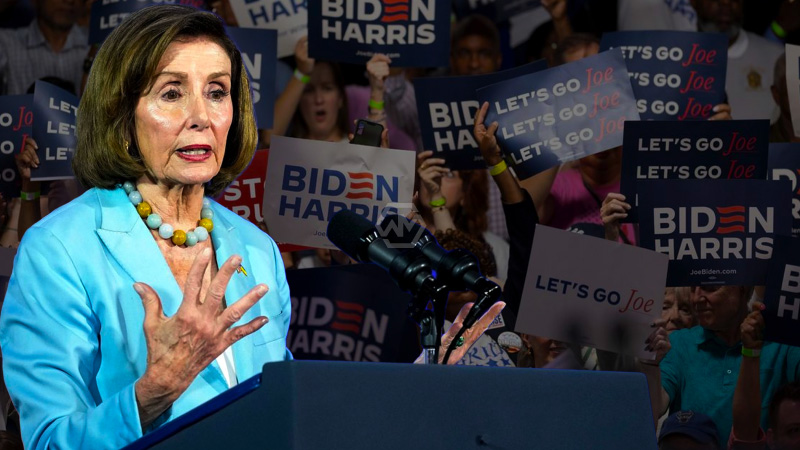- Democrats often lead in fundraising but struggle to win federal elections in North Carolina.
- The state’s dispersed media markets and geographic diversity pose logistical challenges.
- Polarized electorate and natural conservative tilt favor Republicans in federal races.
Despite consistently raising more funds, Democrats in North Carolina struggle to win key federal elections. Factors such as a polarized electorate and the state’s natural conservative leanings diminish the effectiveness of their financial advantages.
North Carolina’s unique geographic and media market challenges further complicate Democratic campaigns. Unlike states with concentrated populations, North Carolina’s dispersed electorate requires extensive and costly advertising efforts across multiple regions, making it difficult for Democrats to capitalize fully on their fundraising leads.
The Challenges of Turning Fundraising Success into Electoral Victories in North Carolina
In North Carolina, Democrats frequently find themselves leading in fundraising yet falling short in federal elections. This paradox highlights the complexity of the state’s political landscape, where financial resources do not always translate into votes. High-profile races, such as the 2020 presidential election and the 2022 U.S. Senate race, saw Democrats outspend their Republican opponents without securing victories.
The state’s political polarization plays a significant role in this dynamic. While Democrats can mobilize substantial funds and resources, the conservative-leaning electorate often sides with Republican candidates. This ideological divide is more pronounced in federal elections, making it challenging for Democrats to sway a sufficient number of voters.
Additionally, North Carolina’s dispersed media markets and geographic diversity create logistical hurdles for campaign advertising. Unlike states with concentrated urban centers, North Carolina’s electorate is spread across multiple regions, requiring extensive and expensive outreach efforts. This dispersion dilutes the impact of campaign spending and complicates efforts to engage voters effectively.
Even with substantial financial backing, Democratic candidates face the challenge of diminishing returns on their spending. As campaigns escalate their advertising efforts, the effectiveness of these ads can cancel out, leading to a situation where additional spending does not necessarily equate to greater voter influence. This phenomenon underscores the importance of strategic campaigning beyond mere fundraising.
Ultimately, while fundraising remains a critical component of political campaigns, it is not a panacea for electoral success in North Carolina. The state’s unique political and geographic landscape demands a multifaceted approach to secure victories.
“More money doesn’t always mean better, and at a certain point you do get diminishing returns.” — Chris Cooper, political science professor at Western Carolina University



